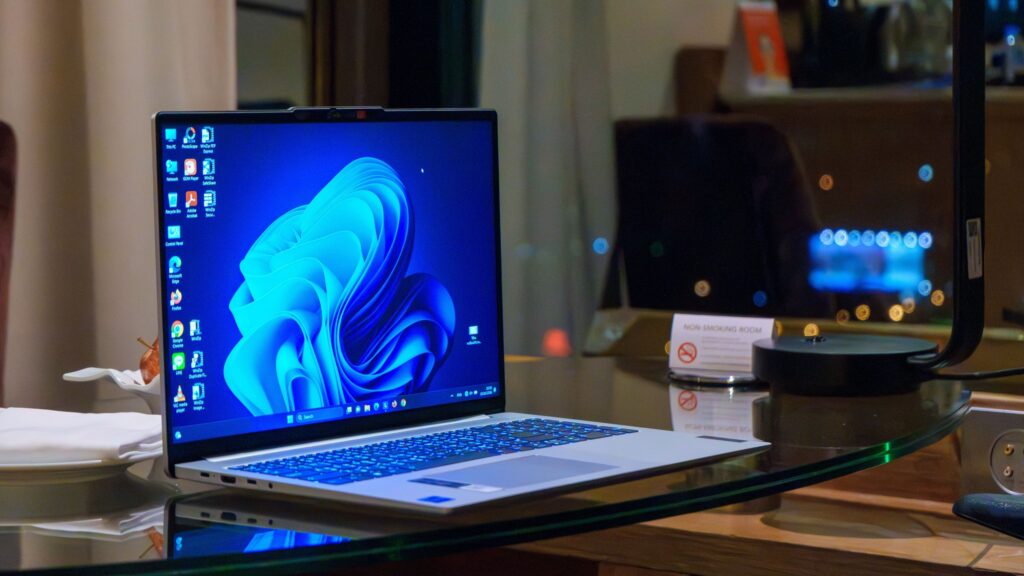- Windows 11 23H2 is now officially out of support
- It will no longer receive security updates going forward
- Microsoft will therefore force people on Windows 11 23H2 to upgrade to 25H2
If you still need to upgrade to Windows 11 24H2 or 25H2, then Microsoft has a reminder for you: version 23H2 is now officially out of support and you will soon be forced to upgrade.
Neowin picked up on Microsoft’s announcement in an update issued via the Windows release health dashboard, which says: “As of November 11, 2025, Home and Pro editions of Windows 11, version 23H2 have reached the end of servicing.”
Note that Enterprise and Education editions of Windows 11 23H2 are different and will receive updates for another year (until November 2026). However, the November 2025 monthly update for Windows 11, which arrived earlier this week, is the last update that consumers on Home or Pro editions of Windows 11 23H2 will receive.
This means that these people will be in the same boat as people running Windows 10 (who have not secured extended support), and without security updates going forward, their PC may be open to future exploits as such vulnerabilities will not be patched.
Analysis: forced upgrades for almost everyone – except those with a very outdated PC
Because of the vulnerability situation—and the security risks involved—Microsoft recommends that you “move to version 25H2 to try the latest Windows innovations.” Of course, version 25H2 is pretty much the same as 24H2, just with a few extra trims (not that big of a difference though, a topic I’ve explored before).
In fact, Microsoft will force people to upgrade from Windows 11 23H2. As the company also states: “Devices running Home and Pro editions of Windows 11, version 23H2 that are not managed by IT departments will automatically receive the Windows 11, version 25H2 update. You can choose when to restart your device or delay the update.”
However, if you’re on Windows 11 Home, as most will be, you can only delay the update for a short time – meaning it won’t be long before an upgrade is mandatory. This is for your own good to ensure that your operating system remains up to date with security patches.
That said, there is a bit of a sticky area with this particular forced upgrade, as not all machines can move on from version 23H2 of Windows 11. This is because some older processors do not support certain instructions (POPCNT or ‘population count’, among others) that are mandatory to upgrade to version 24H2 (or 25H2, which is largely not identical).
These devices will be completely out of luck, but the good news is that only very old CPUs don’t support said instructions, so only a niche set of severely aged computers will be caught here. That said, owners of these PCs will have to find a way forward with their system other than Windows 11, at least if they want to stay protected from threats.
A possible solution could be a downgrade to Windows 10 – and then pick up Microsoft’s extended support until October 2026 – or perhaps more likely a complete change of direction and a switch to Linux. (There are some Linux distros that are quite Windows-friendly in terms of being a relatively similar environment, although there are obviously still big differences between the two platforms.)

The best computers for all budgets
Follow TechRadar on Google News and add us as a preferred source to get our expert news, reviews and opinions in your feeds. Be sure to click the Follow button!
And of course you can too follow TechRadar on TikTok for news, reviews, video unboxings, and get regular updates from us on WhatsApp also.



